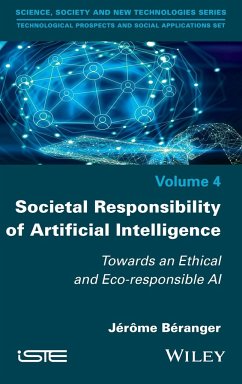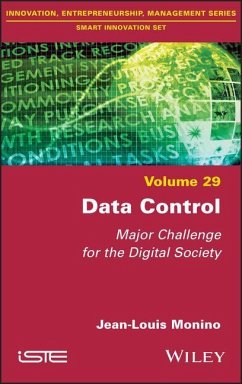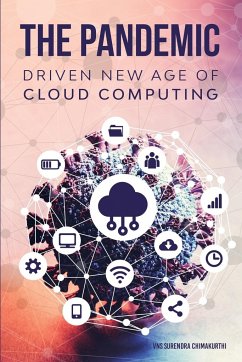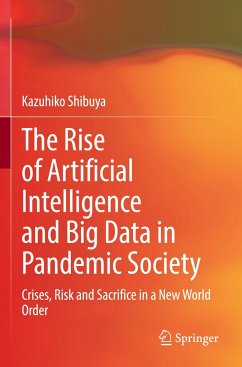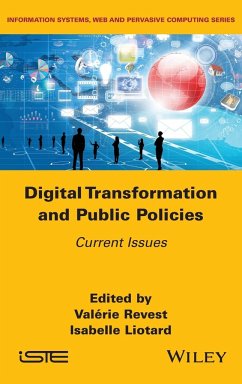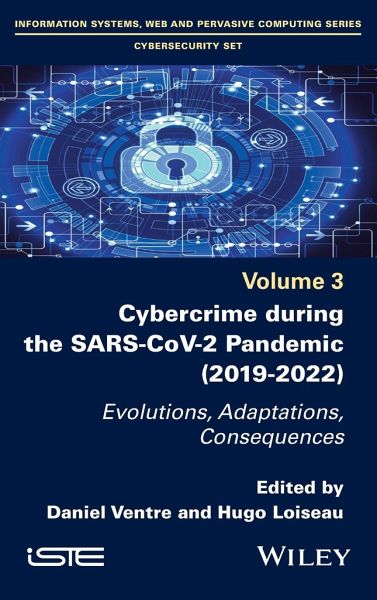
Cybercrime During the Sars-Cov-2 Pandemic
Evolutions, Adaptations, Consequences
Herausgeber: Ventre, Daniel; Loiseau, Hugo
Versandkostenfrei!
Versandfertig in über 4 Wochen
147,99 €
inkl. MwSt.
Weitere Ausgaben:

PAYBACK Punkte
74 °P sammeln!
The SARS-CoV-2 pandemic has had an undeniable impact on cybercrime. The initial crisis quickly became a global catastrophe with multiple consequences in economics, health, and political and social fields. This book explores how this global emergency has influenced cybercrime. Indeed, since feeding off new vulnerabilities, thanks to the effects of the pandemic crisis in various states around the world, cybercrime has increased and evolved. In 2020, the world was already dealing with numerous tensions and the effects of the global crisis have therefore only tended to exacerbate the issues that r...
The SARS-CoV-2 pandemic has had an undeniable impact on cybercrime. The initial crisis quickly became a global catastrophe with multiple consequences in economics, health, and political and social fields. This book explores how this global emergency has influenced cybercrime. Indeed, since feeding off new vulnerabilities, thanks to the effects of the pandemic crisis in various states around the world, cybercrime has increased and evolved. In 2020, the world was already dealing with numerous tensions and the effects of the global crisis have therefore only tended to exacerbate the issues that relate to cybercrime. For example, radicalization and identity theft has found an environment in which they thrive: the Internet. Criminals have been able to adapt their modus operandi, their targets and their attack vectors. However, on the plus side, the response of law enforcement and public authorities, in terms of the legal, policing and policy side of cybercrime, has also been adapted in order to better combat the increase in this phenomenon.





